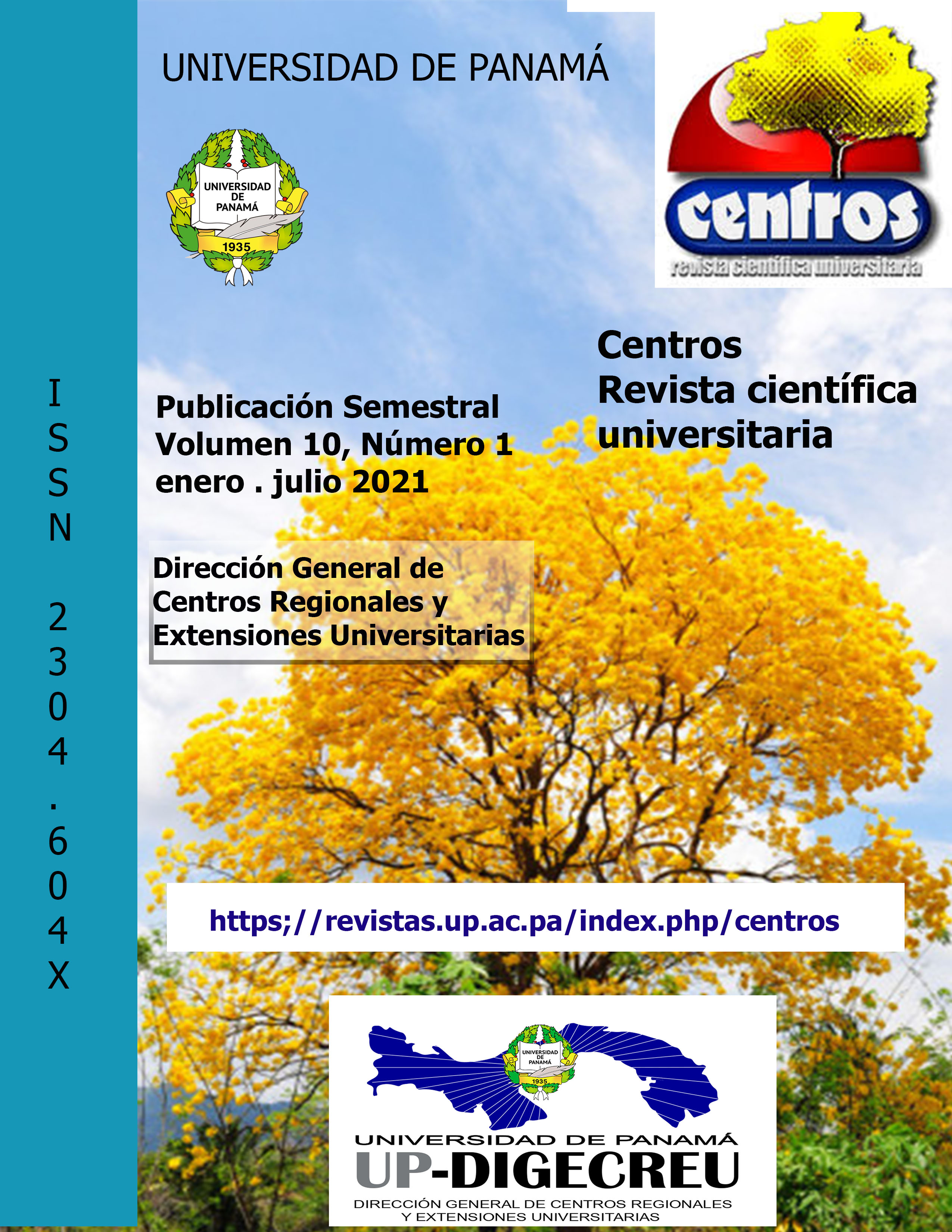

This article presents a reflection on the complexity of educational decentralization in the Certified Municipality of Tunja, framed within the research carried out in my doctoral thesis entitled "Educational Decentralization in the Certified Municipality of Tunja, from a perspective of complex thinking", where the elements of quality, coverage and efficiency generate great expectations and questions about the true impact of the new rules of the game, which modified the power relations between the State and territorial entities, and therefore the latter should have a greater technical and managerial capacity to manage the educational system and build real spaces of autonomy in the search to generate educational policies from the local level, that respond to the current situation regarding compliance with the Havana agreements, in times of transition where the sector educational tunjano is no stranger to this new changing reality ori initiates inclusion and reconciliation.